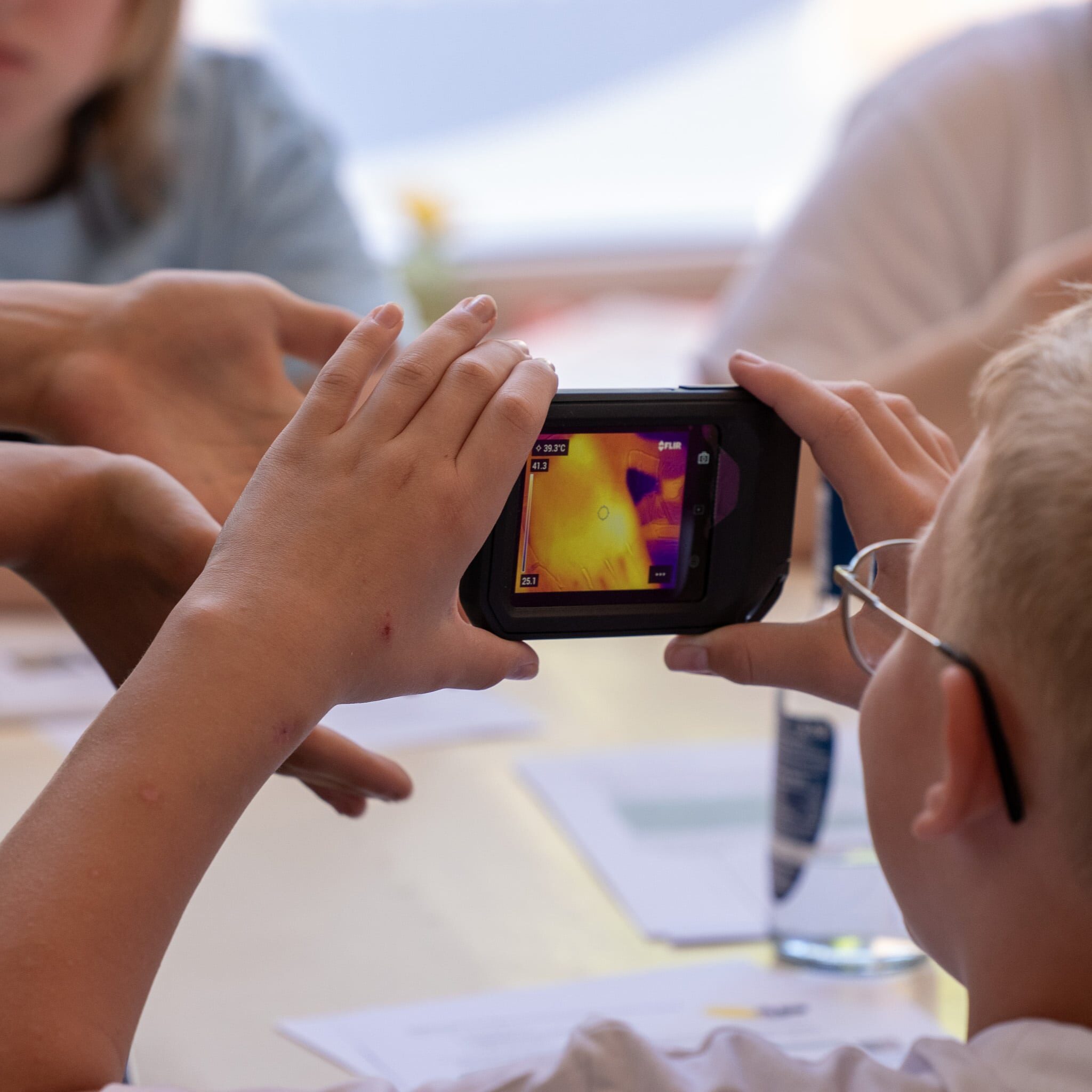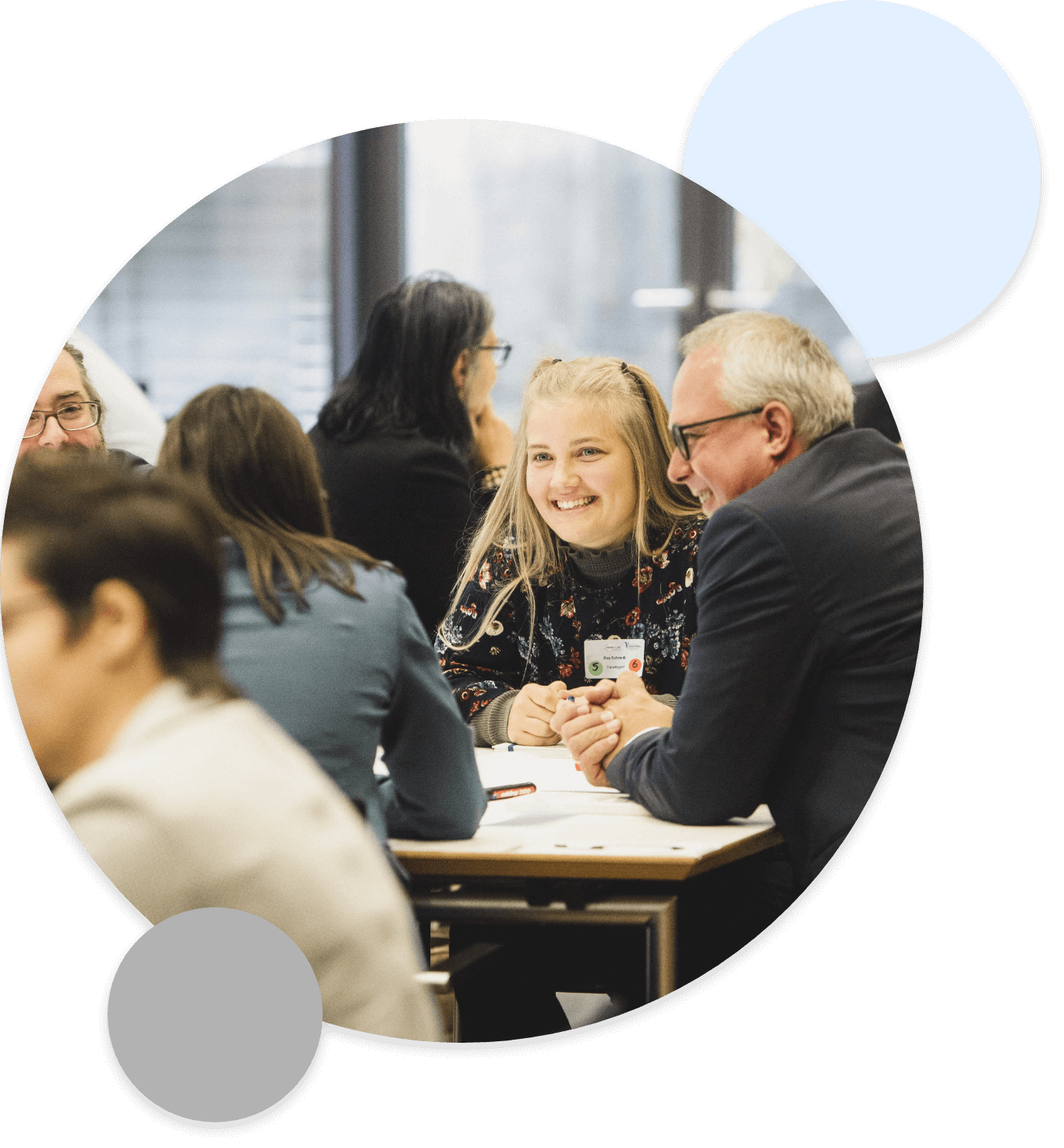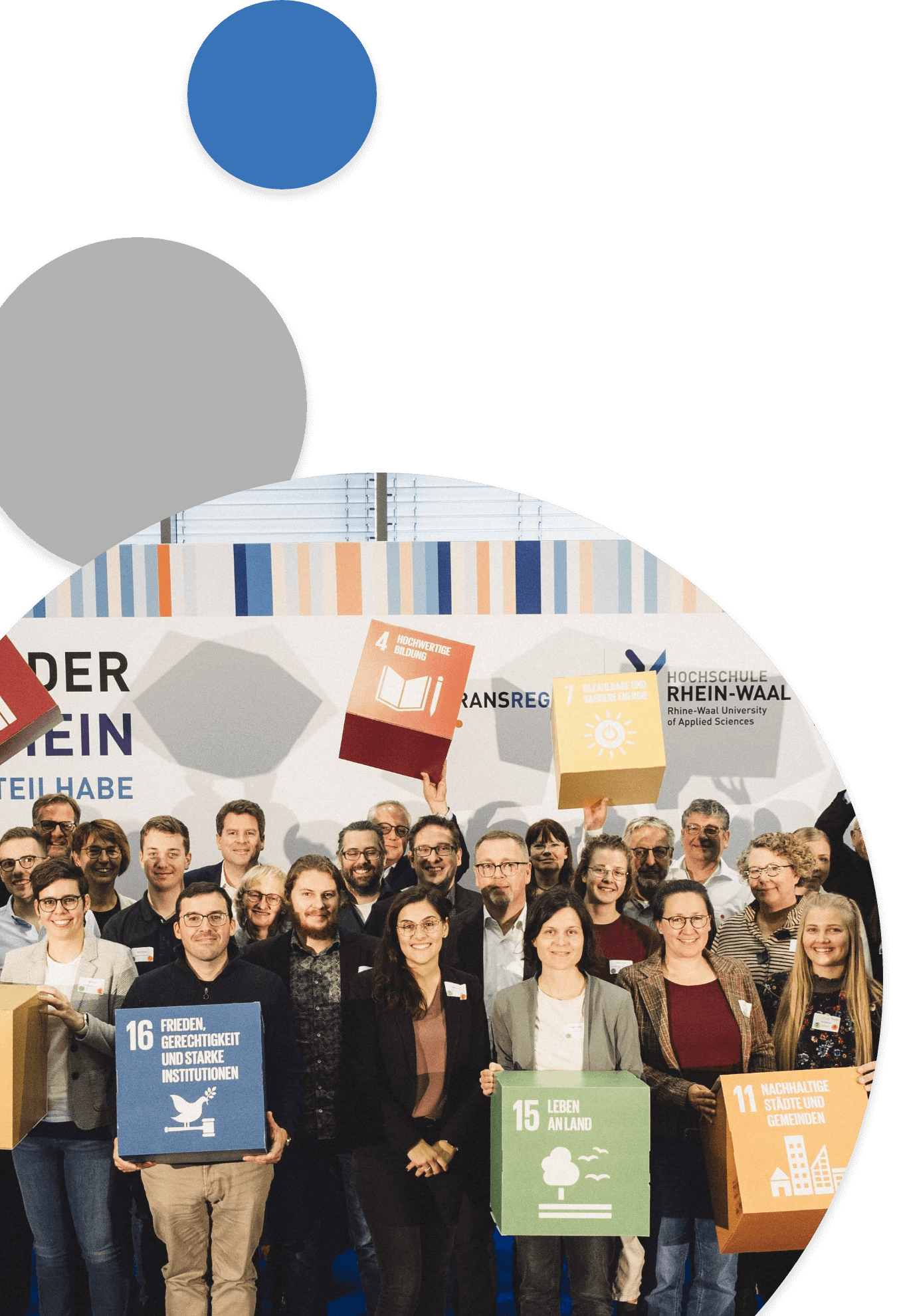
„Are we all doomed when the ice melts?“
On Wednesday, 26 June 2024, the 8d class from Joseph-Beuys-Gesamtschule in Kleve visited DialogPunkt Kleve to discover the background and consequences of climate change together with Christoph Bors, climate protection manager for the city of Kleve. To this end, Christoph Bors brought along the LMU climate kit, which is specially equipped with materials for school experiments.
Every secondary school in Kleve owns at least one climate kit. This purchase was made possible by the foundations of Sparkasse Rhein-Maas. The climate kit was developed by the Faculty of Physics at the Ludwig Maximilian University of Munich (LMU) as part of the STEM project “Climate change: understanding and acting”.
Christoph Bors also sees the class visit as a promotional measure for the actual use of the climate kit in schools. “Today I would like to show by way of example what great equipment the climate kits are. They can be used directly in lessons without lengthy preparations. Teachers can use ready-made work materials for the individual activities, which can be downloaded from the Internet.” Unlike the event at DialogPunkt Kleve, where the pupils worked on three experiments, one activity is ideally designed for a double lesson, according to Christoph Bors.
“Why is it so hot today when it felt like winter five days ago?”
Before the class, divided into two groups, started working on the experiments, Christoph Bors spoke about the causes of climate change and its consequences. To set the mood for the first activity, which we call the “tipping point experiment” on this occasion, Christoph Bors showed some graphs and reflected with the pupils on the relationship between carbon content and temperature rise, as the more carbon is emitted, the more temperatures rise. Using a table tennis ball on a scale, the young people were able to playfully experience how temperatures rise with increasing CO2 content in the atmosphere (represented by small nuts) and how tipping points can be triggered, the development of which can no longer be reversed.
The young people were enthusiastic about the thermal imaging cameras required for the second activity. Using the cameras, they realised that their class teacher literally kept a cool head even in the prevailing summer temperatures.
In the third and final experiment, the students used a hot radiator, paper objects and digital thermometers to investigate the albedo effect, i.e. the role that ice surfaces play in the Earth’s temperature. The incident light from the sun is reflected more strongly from light-coloured surfaces on the earth, such as ice and snow, than from water or the ground, for example, so the loss of white surfaces due to global warming has a devastating effect on the earth’s climate.
Environmental class
Petra Kliewer, form teacher of class 8d, explained why her class took part in the programme: “In grades 5 and 6, the classes at Joseph Beuys Comprehensive School develop a specific profile. The 8d was the environmental class and dealt intensively with topics such as “climate change”, “environmental protection”, “sustainability” and “fast fashion”. I am therefore delighted to have the opportunity to refresh and deepen what they have learnt at DialogPunkt Kleve.”




Kommentare